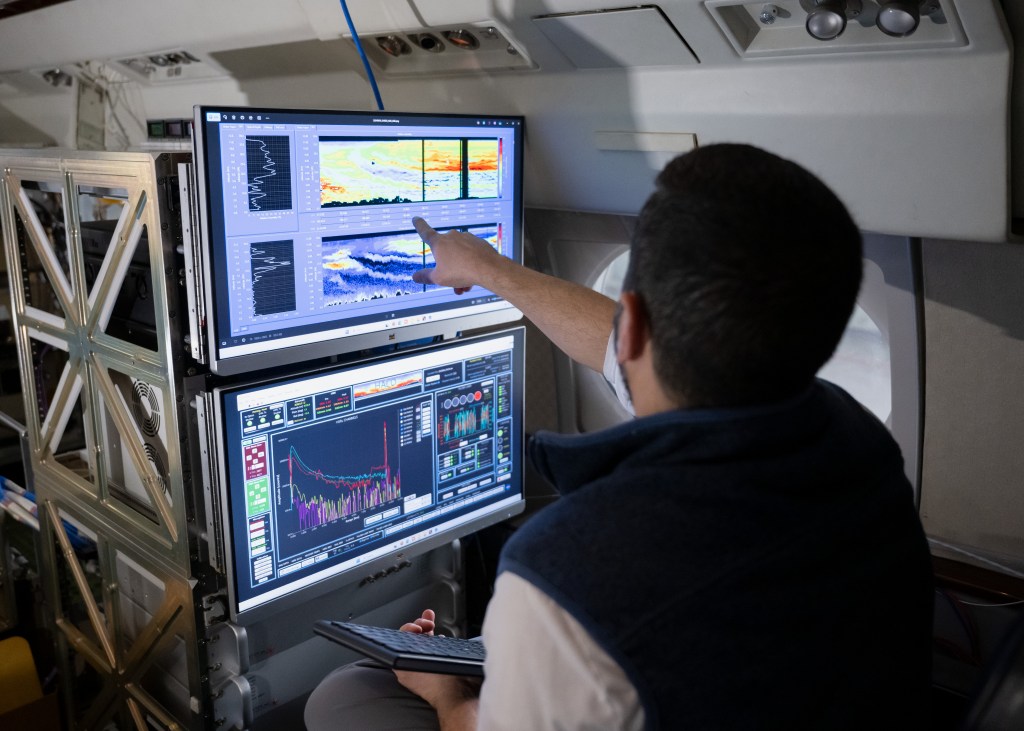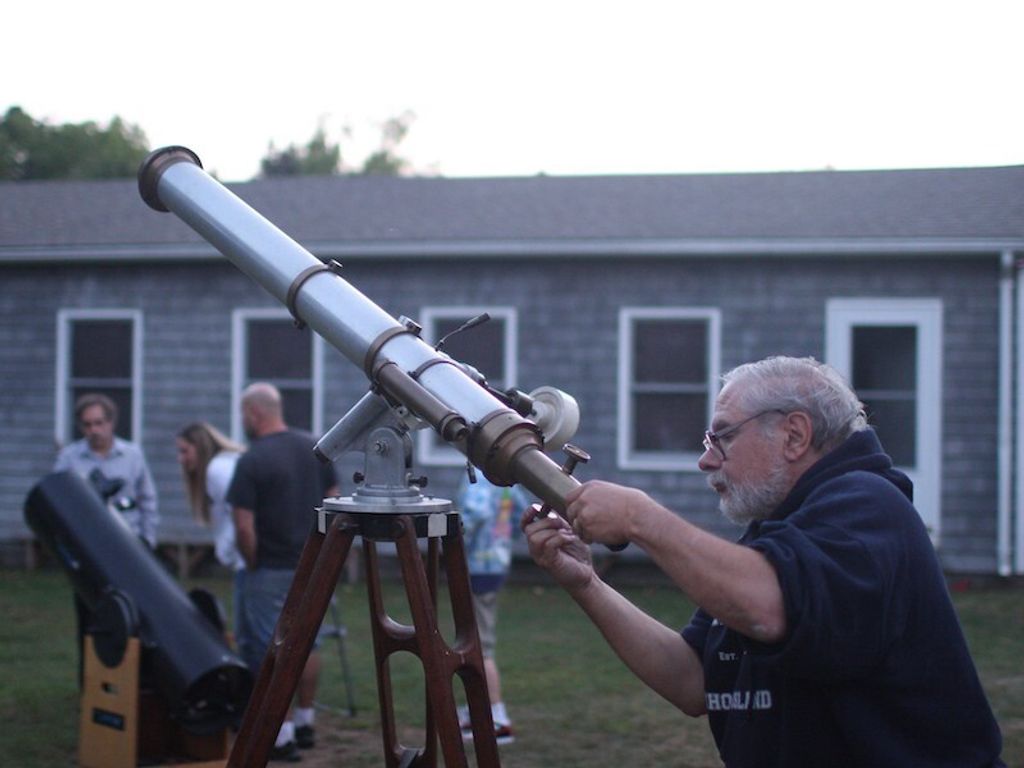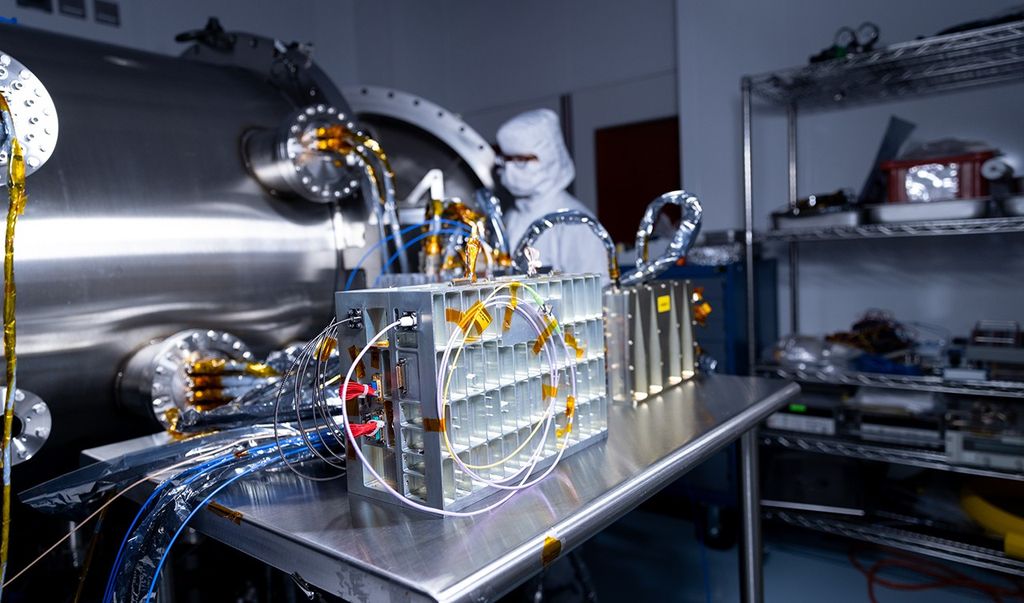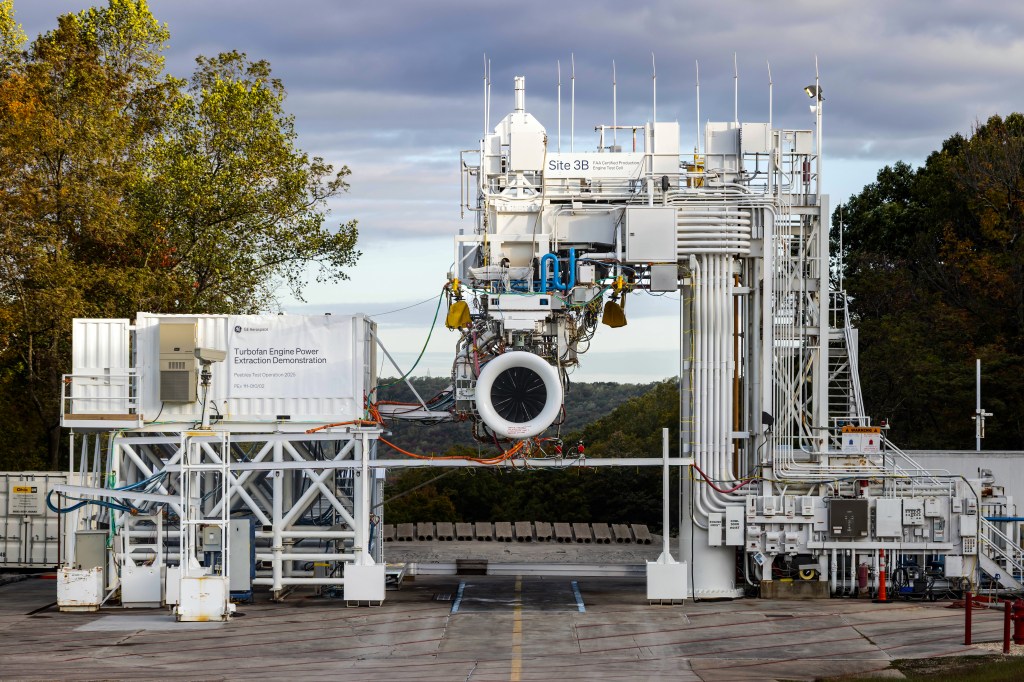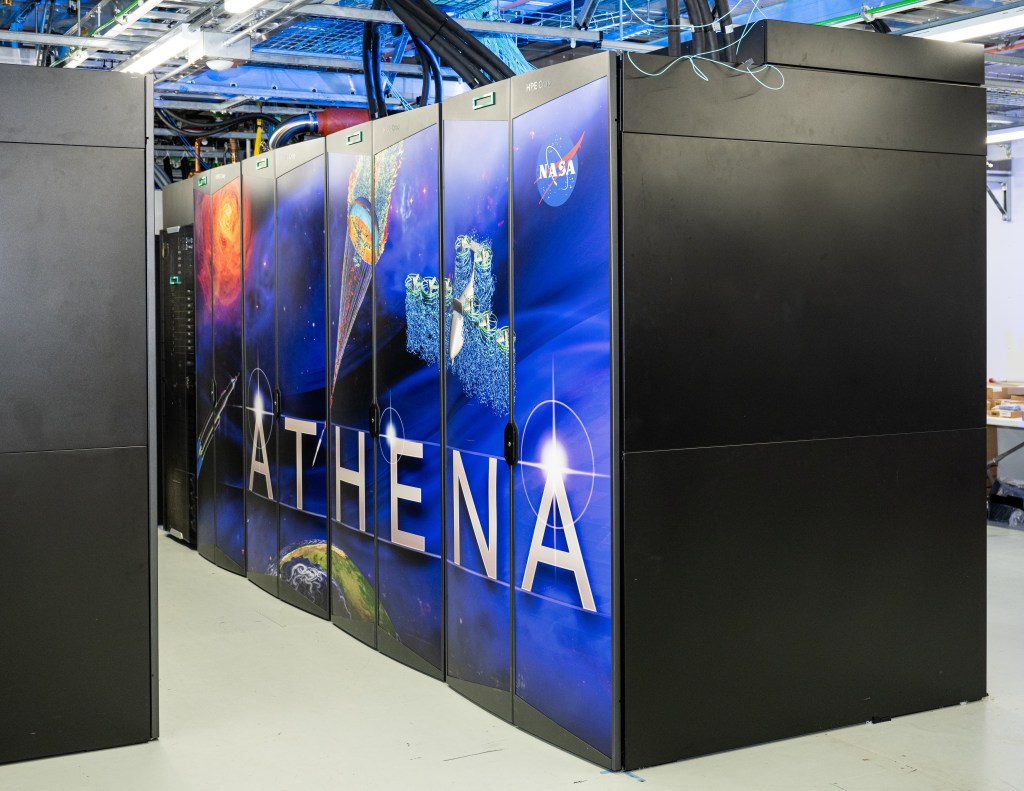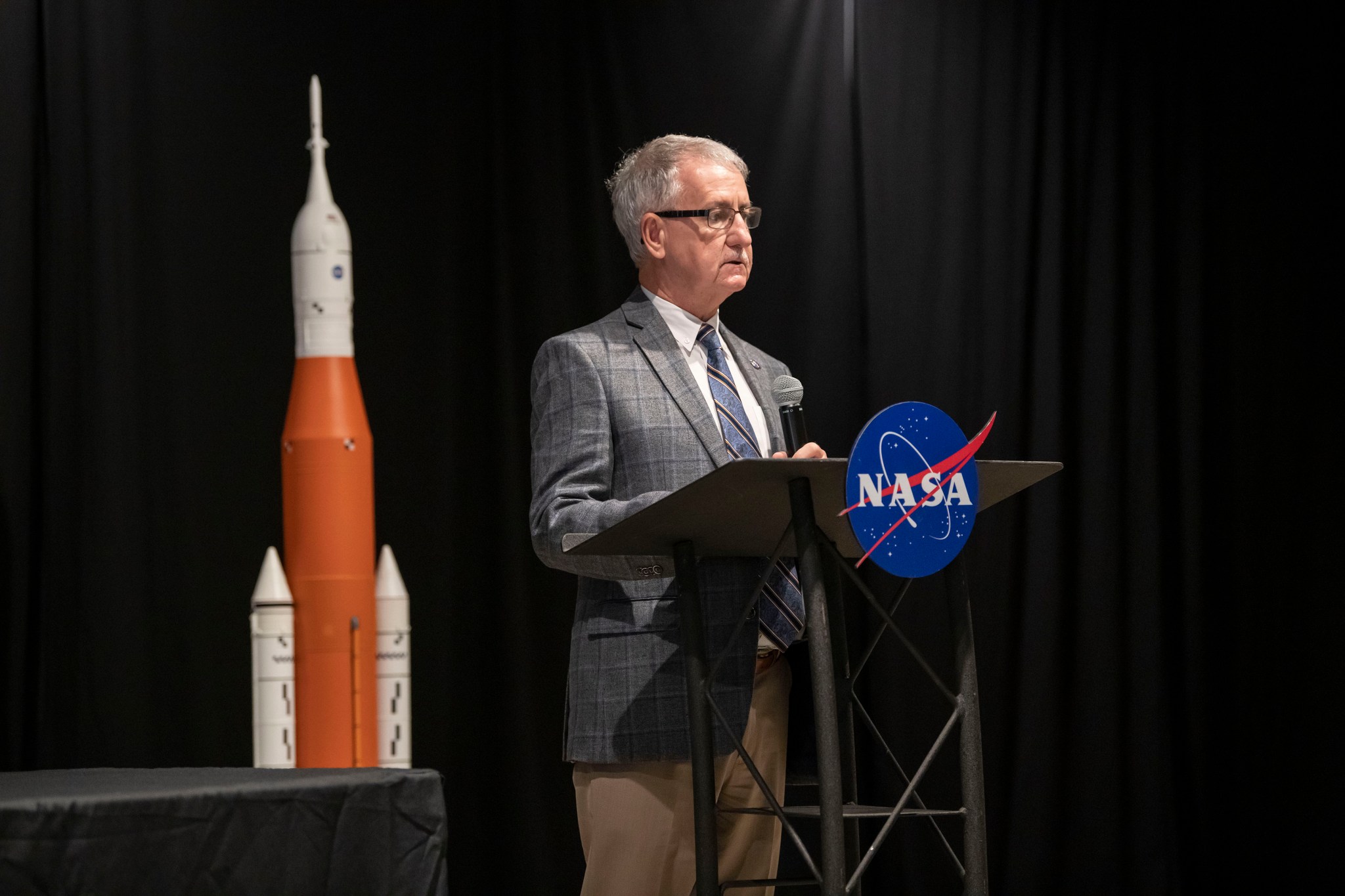Ask professionals across trade industries about the benefits of allying veteran, large companies with energetic startups, and they’re likely to praise the marriage of proven business acumen, fresh perspectives, and bleeding-edge technological capabilities.
David Brock, manager of NASA’s Mentor-Protégé Program, agrees those are high-value rewards. When it comes to teaming space industry leaders with prospective NASA subcontractors, however – particularly among small, disadvantaged businesses and minority-serving academic institutions – he’d put one more mutually beneficial gain atop the list: people.
“State-of-the-art hardware and technology are the cornerstones of NASA’s mission in space, but for the past 60 years, talented, engaged, diverse human beings have been the driving force behind everything we do,” said Brock, the small business specialist for more than three decades at NASA’s Marshall Space Flight Center in Huntsville, Alabama.
“The NASA Mentor-Protégé Program nurtures that shared pioneering tradition, helping industry refine the skills and qualifications of the United States’ Artemis Generation workforce – while forming a pipeline to bolster and replenish that workforce for generations to come,” he said.
Launched in 2008 by the NASA Office of Small Business Programs, the program facilitates agreements between NASA’s large contractors and eligible small businesses and academic institutions. In 2019, NASA appointed Marshall’s small business office to lead the program for the agency. Marshall has been a longtime frontrunner in facilitating Mentor-Protégé Agreements, and is a five-time recipient of the NASA Small Business Administrator’s Cup, the annual agency award presented to the field center with the best overall small business program.
“NASA has long appreciated Marshall’s leadership in all our small business endeavors,” said Glenn Delgado, associate administrator of the NASA Office of Small Business Programs at NASA Headquarters in Washington. “Given Marshall’s successful track record, I’m proud to entrust this critical element of NASA’s mission to David Brock and his team.”
Under Brock’s leadership, the Marshall team has guided 18 past and current mentor-protégé agreements since 2008.
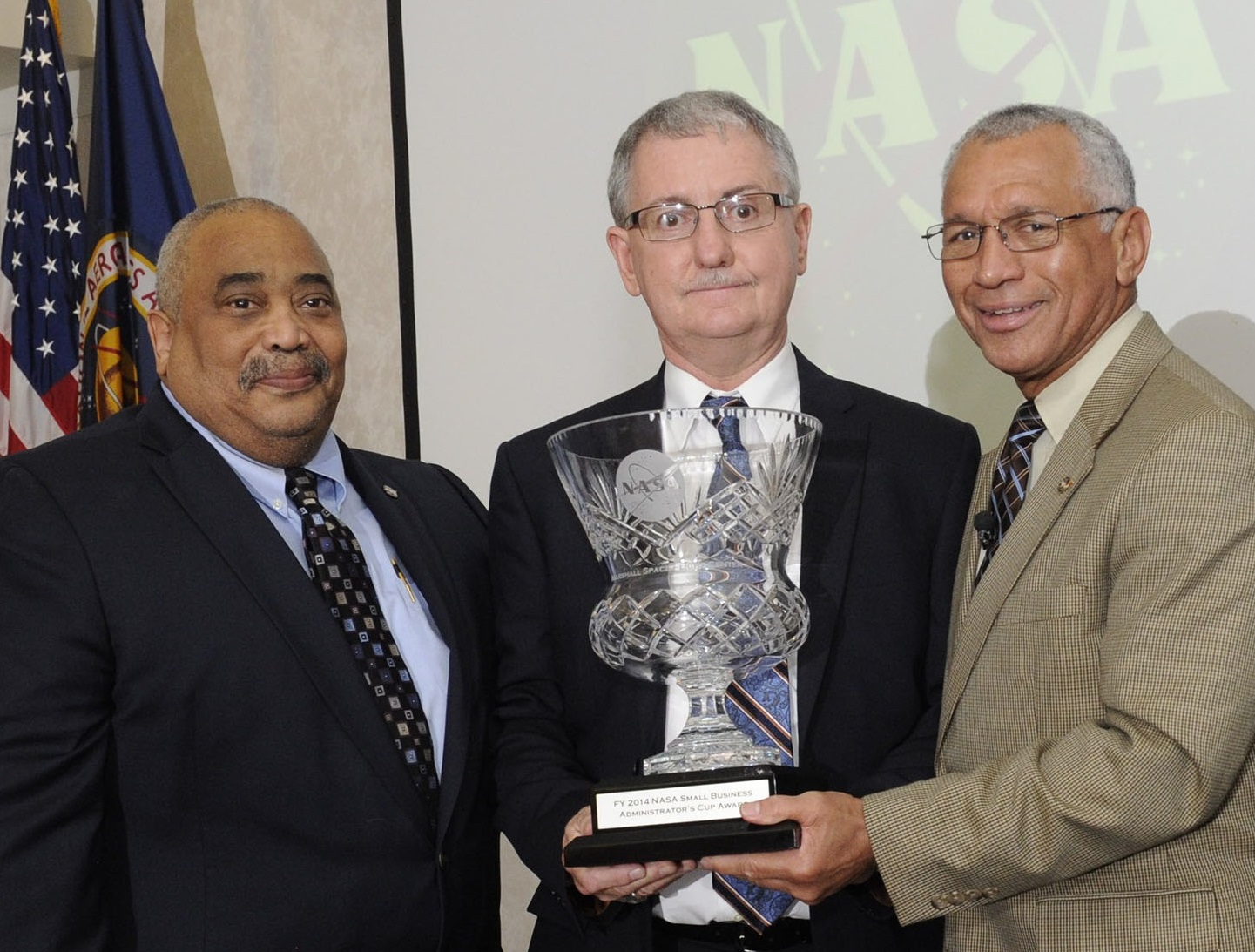
Stringently reviewed by NASA to ensure success for both parties, the agreements enable prime contractors to meet their agency goals and help small businesses make vital connections across industry and government, mature their technical and business acumen, and refine the skills of their workforce.
That’s a long-term win for the space program and the nation, Brock said. “A thriving aerospace industry ensures the sustained availability of vital products and services for NASA, industry, and other federal agencies.”
The program’s biggest impact, he noted, may be among minority-serving academic institutions and small, disadvantaged businesses – or those solely owned by women or people with disabilities, or fall into a Historically Under-utilized Business Zone, or HUBZone. That latter federal program was created in 1997 to empower economically challenged communities. Minority-serving institutions include those identified as Historically Black Colleges and Universities, or U.S. schools established before 1964 with the primary purpose of educating Black students.
Some two dozen NASA prime contractors currently qualify to participate as mentors. Both mentor firms and prospective protégés go through exhaustive review processes to qualify for the program. Since 2008, there have been a total of 41 agreements across NASA’s 10 field centers nationwide, including three new agreements in 2020:
- In March, NASA approved a two-year Mentor-Protégé Agreement between Jacobs of Tullahoma, Tennessee – a NASA prime contractor delivering engineering and science support services at Marshall – and JBS Solutions Inc. of Huntsville, a woman-owned, HUBZone-certified and small disadvantaged business.
- In June, a one-year agreement was approved between The Boeing Co. and Southern University, an HBCU in Baton Rouge, Louisiana. The university will aid Boeing’s Space Launch System contract at NASA’s Michoud Assembly Facility in New Orleans, supporting delivery of SLS rocket stages for Artemis Moon missions.
- In July, NASA approved a two-year agreement between Leidos and Sure Secure Solutions, both of Reston, Virginia. Sure Secure, an economically disadvantaged, woman-owned small business, will support Leidos’ information technology services at the NASA Shared Services Center at Stennis Space Center near Bay St. Louis, Mississippi.
Learn more about NASA’s Mentor-Protégé Program and Office of Small Business Programs here:











